August 27, 2024
Discussing Prescription Drug Abuse
Start open conversations and find support for a drug-free lifestyle.
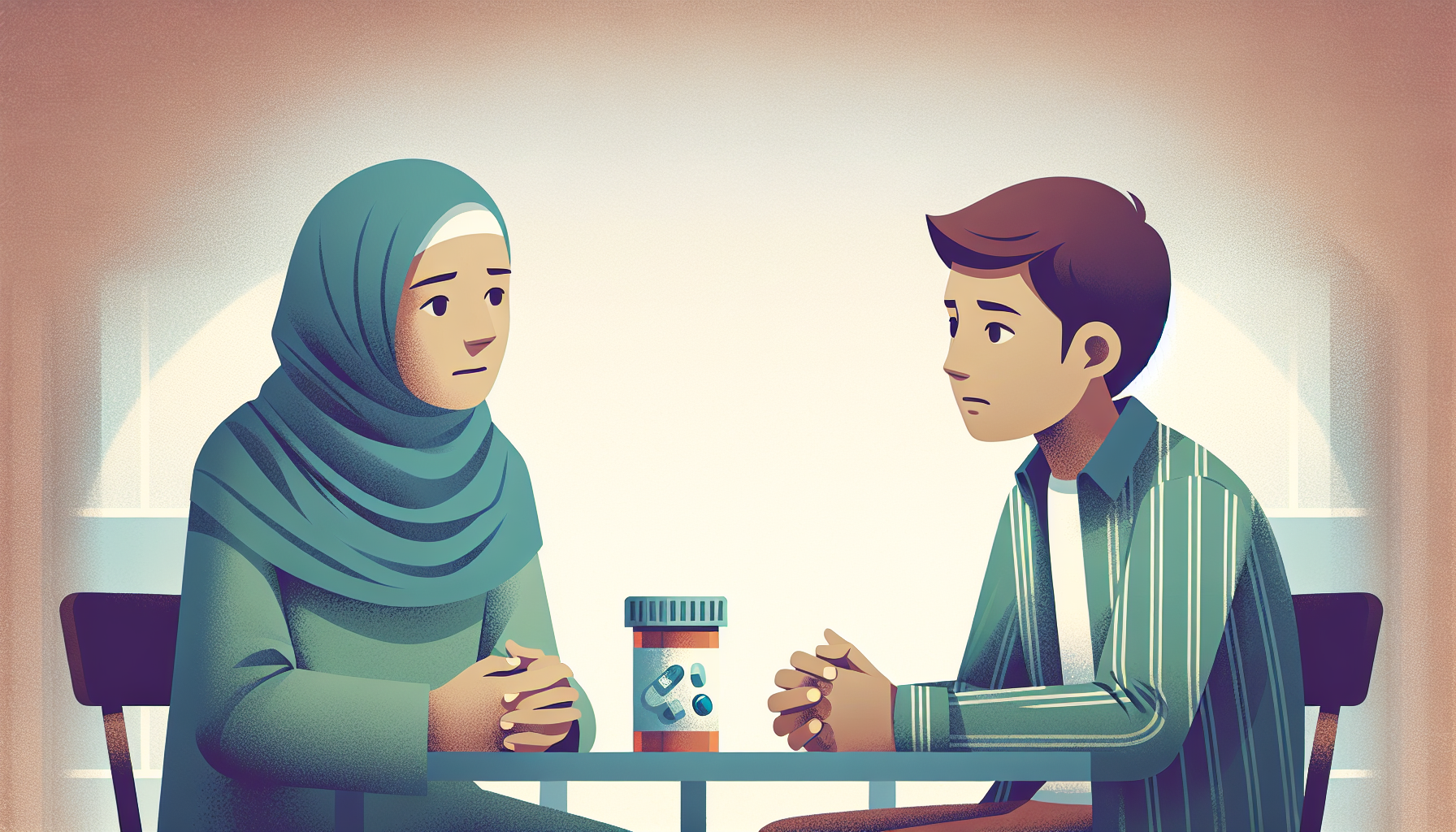
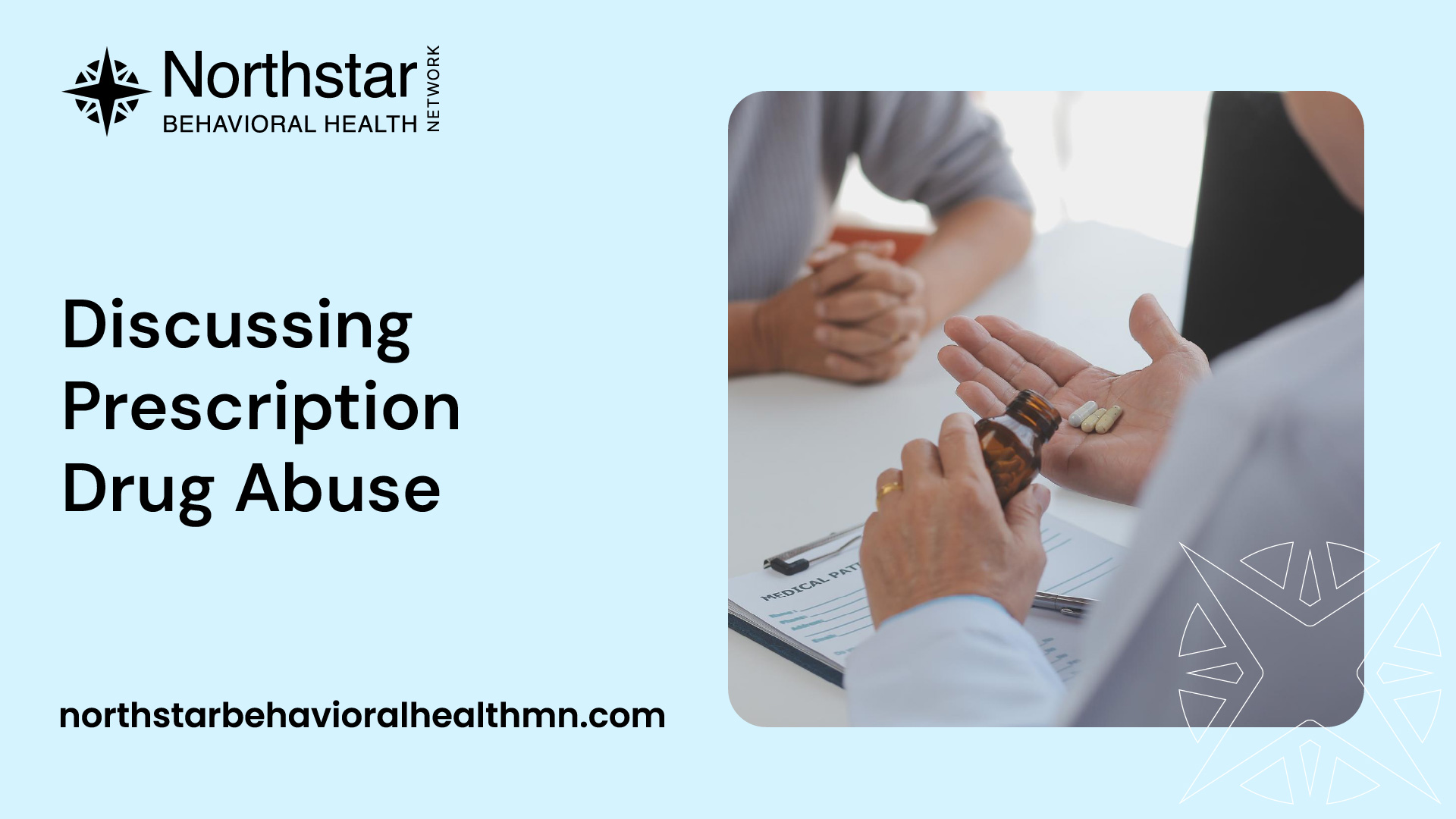
Understanding Prescription Drug Abuse
Prescription drug abuse is a growing concern that affects individuals of all ages and backgrounds. To address this issue effectively, it is important to have a comprehensive understanding of what constitutes prescription drug abuse and the impact it can have on individuals and communities.
What Constitutes Prescription Drug Abuse
Prescription drug abuse refers to the misuse or improper use of prescription medications, including opioids, sedatives, and stimulants. It involves taking these medications in ways other than prescribed, such as taking higher doses, taking them more frequently, or using them without a prescription. Some individuals may also misuse prescription drugs by obtaining them through illegal means, such as sharing medications or obtaining them from illicit sources.
The misuse of prescription drugs can lead to various negative consequences, including addiction, physical and psychological health issues, and legal problems. It is important to recognize that prescription drugs, when used properly under medical supervision, can be effective in treating various health conditions. However, when used outside of their intended purpose or without medical guidance, they can be dangerous and even life-threatening.
The Impact of Prescription Drug Abuse
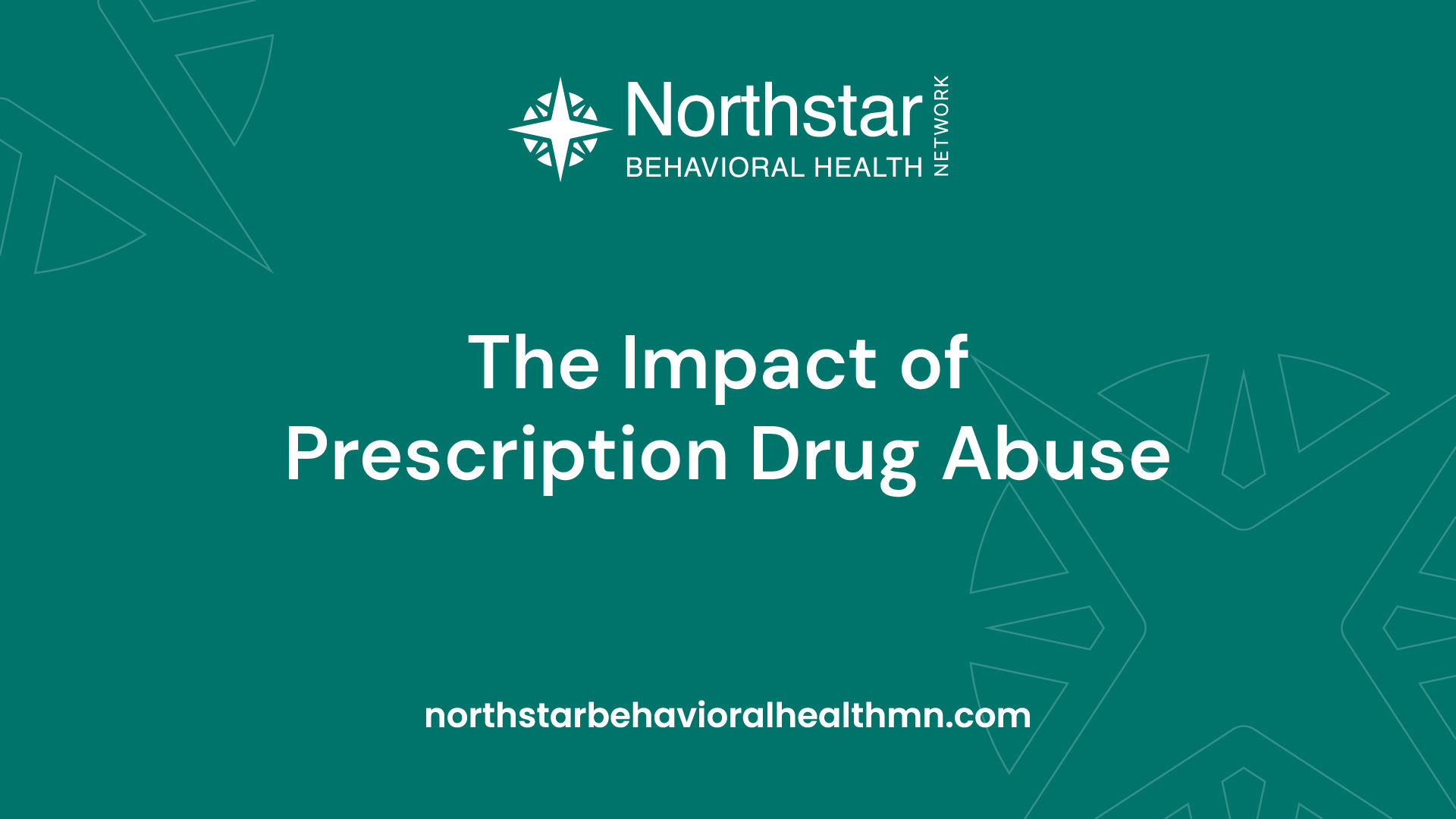
Prescription drug abuse has far-reaching consequences that extend beyond the individual struggling with addiction. It affects families, communities, and society as a whole. Some of the key impacts of prescription drug abuse include:
- Health Effects: Misusing prescription drugs can lead to serious health complications, including overdose, respiratory depression, liver damage, and mental health disorders.
- Addiction and Dependence: Continued misuse of prescription drugs can lead to addiction and dependence, making it difficult for individuals to stop using the drugs without professional help.
- Social and Interpersonal Consequences: Prescription drug abuse can strain relationships with family members, friends, and colleagues. It may also lead to legal issues, financial difficulties, and a decline in work or academic performance.
- Increased Risk of Other Substance Abuse: Individuals who misuse prescription drugs are at a higher risk of developing other substance abuse issues, such as alcohol or illicit drug addiction.
- Public Health and Safety Concerns: Prescription drug abuse contributes to the overall burden on healthcare systems and law enforcement agencies. It can also increase the risk of accidents, impaired driving, and criminal activities.
Understanding the scope of prescription drug abuse and its impact is crucial for raising awareness and implementing effective prevention and intervention strategies. By promoting education, open conversations, and access to support resources, we can work towards breaking the stigma associated with prescription drug abuse and helping individuals on their journey to recovery.
Breaking the Stigma
In order to address the issue of prescription drug abuse effectively, it is crucial to break the stigma surrounding the topic. Open and honest conversations about prescription drug abuse play a vital role in raising awareness, promoting understanding, and encouraging individuals to seek help.
Importance of Open Conversations
Engaging in open conversations about prescription drug abuse is essential for several reasons. First and foremost, it helps to reduce the shame and stigma associated with addiction. By openly discussing the topic, individuals struggling with prescription drug abuse feel less isolated and more supported. This can empower them to seek help and start their journey towards recovery.
Open conversations also provide an opportunity to educate others about the dangers of prescription drug abuse. By sharing information about the risks, potential consequences, and available resources, we can increase awareness and prevent further instances of abuse. It is important to emphasize that addiction is a treatable medical condition, and those affected should not be judged or marginalized.
Overcoming Barriers to Discussion
Discussing prescription drug abuse can be challenging due to various barriers. Breaking through these barriers is crucial to ensure that important conversations take place. Some common barriers to discussion include:
- Stigma and Shame: The stigma associated with addiction can prevent individuals and their loved ones from discussing the issue openly. It is important to create a safe and non-judgmental environment where people feel comfortable sharing their experiences and seeking support.
- Lack of Knowledge: Many individuals may not be fully aware of the signs, symptoms, and risks associated with prescription drug abuse. Providing education and resources can help overcome this barrier and facilitate meaningful conversations.
- Fear of Consequences: People may fear negative consequences, such as legal repercussions or judgment from others, which can discourage open discussions. By emphasizing the importance of seeking help and providing information about available resources, we can help alleviate these concerns.
- Lack of Communication Skills: Some individuals may struggle with effective communication skills, making it difficult for them to articulate their thoughts and concerns. Providing guidance on how to initiate conversations and express emotions can help overcome this barrier.
By addressing these barriers and promoting open conversations, we can create a supportive environment that encourages individuals to seek help and take steps towards recovery. Remember, there are various resources available to support individuals struggling with prescription drug abuse. For more information on recognizing signs of abuse and finding support, visit our article on support resources available.
Talking to Your Kids
When it comes to addressing the issue of prescription drug abuse, it is crucial to have open and honest conversations with your kids. Starting the conversation and educating them about the dangers of prescription drugs are important steps in prevention.
Starting the Conversation
Initiating a conversation about prescription drug abuse can feel challenging, but it is essential to foster an open and supportive environment. Here are some tips to help you start the conversation with your kids:
- Choose the right time and place: Find a calm and comfortable setting where you can have a private conversation without distractions. It's important to create a safe space where your child feels comfortable sharing their thoughts and concerns.
- Be open and non-judgmental: Approach the conversation with empathy and understanding. Avoid blaming or shaming language that may discourage your child from opening up. Instead, express your concern and genuine desire to help them make informed decisions.
- Ask open-ended questions: Encourage your child to share their thoughts and experiences by asking open-ended questions. For example, you can ask, "What do you know about prescription drug abuse?" or "Have you ever come across situations where prescription drugs were misused?"
- Active listening: Practice active listening by giving your child your full attention. Maintain eye contact, nod, and acknowledge their feelings and opinions. Let them know that their thoughts and emotions are valued.
- Share information: Provide accurate and age-appropriate information about the risks and consequences of prescription drug abuse. Use real-life examples or stories to illustrate the potential dangers. You can refer to resources like our article on how prescription painkillers lead to heroin addiction for more information.
Remember that starting the conversation is just the first step. It is an ongoing process that requires open lines of communication and continued support.
Educating About the Dangers
Educating your kids about the dangers of prescription drug abuse is crucial in preventing misuse. Here are some key points to discuss:
- Proper use: Emphasize the importance of using prescription drugs only as directed by a healthcare professional. Explain that medications prescribed to one person may not be safe or effective for others.
- Risks of experimentation: Discuss the potential dangers of experimenting with prescription drugs, even if they are prescribed to someone else. Highlight the fact that prescription drugs are specifically tailored to an individual's needs and can have serious consequences when misused.
- Addiction and dependency: Explain that prescription drugs, especially opioids and stimulants, have the potential to be highly addictive. Discuss the risks of developing dependency and the challenges that come with addiction.
- Legal implications: Inform your child about the legal consequences of using or distributing prescription drugs without a valid prescription. Help them understand that engaging in illegal activities can have severe and long-lasting repercussions.
- Peer pressure: Discuss the importance of making independent and informed decisions, even if their peers may pressure them to misuse prescription drugs. Encourage them to seek support from trusted adults if they find themselves in such situations.
By starting the conversation and educating your kids about the dangers of prescription drug abuse, you empower them to make informed choices and protect themselves and their peers. Remember to reinforce your support and provide resources for further information or assistance, such as twelve tips for educating kids about drugs.
Seeking Help
When someone is struggling with prescription drug abuse, it is crucial to recognize the signs of abuse and know where to turn for support. Seeking help is an important step towards recovery and a healthier life. In this section, we will discuss how to recognize signs of abuse and the support resources available.
Recognizing Signs of Abuse
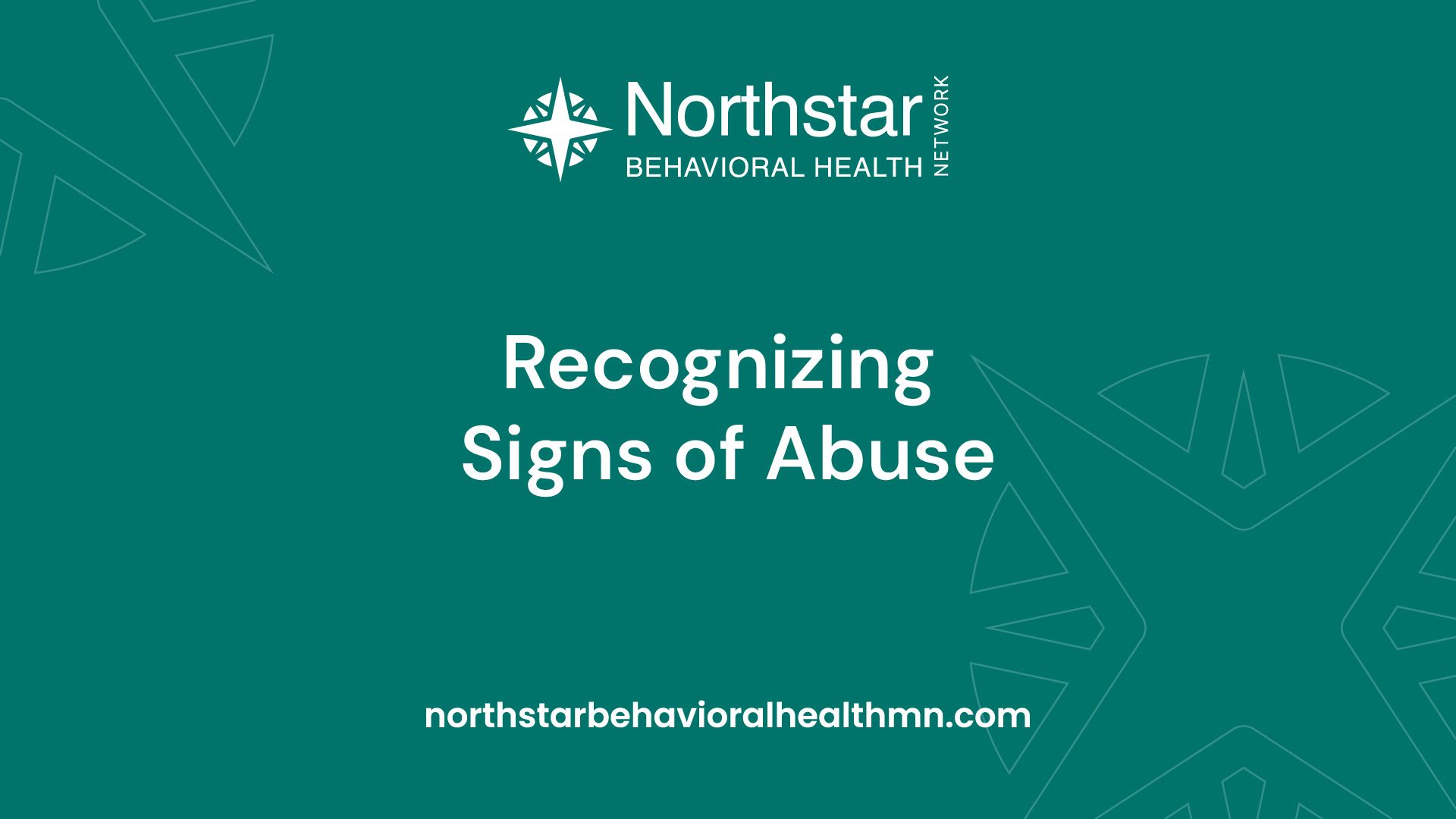
Recognizing the signs of prescription drug abuse can be challenging, as they can vary depending on the individual and the specific drugs involved. However, there are some common indicators to look out for:
- Changes in behavior: Sudden mood swings, increased secrecy, withdrawal from social activities, or a decline in personal hygiene.
- Physical signs: Dilated or constricted pupils, unexplained weight loss or gain, changes in sleep patterns, and poor coordination.
- Psychological symptoms: Increased irritability, anxiety, or paranoia, as well as confusion or memory problems.
- Neglected responsibilities: Failing to fulfill work, school, or family obligations due to drug use.
- Seeking multiple prescriptions: Visiting multiple doctors or pharmacies to obtain more medication than necessary.
- Financial difficulties: Experiencing financial strain or borrowing money frequently to support the addiction.
It is important to remember that these signs may indicate other issues as well, so it's crucial to approach the situation with empathy and understanding. If you suspect someone may be struggling with prescription drug abuse, it is essential to encourage them to seek professional help.
Support Resources Available
Fortunately, there are numerous support resources available for individuals seeking help for prescription drug abuse. These resources can provide guidance, education, and the necessary tools for recovery. Some options to consider include:
- Medical Professionals: Start by reaching out to a healthcare provider, such as a doctor or addiction specialist. They can assess the situation, provide a proper diagnosis, and recommend appropriate treatment options.
- Counseling and Therapy: Individual therapy, group therapy, or counseling sessions can be highly beneficial for individuals struggling with prescription drug abuse. Therapists can help address underlying issues, develop coping strategies, and provide ongoing support.
- Support Groups: Support groups, such as Narcotics Anonymous (NA), can provide a sense of community and understanding for individuals in recovery. These groups offer a safe space to share experiences, receive support, and learn from others who have faced similar challenges.
- Rehabilitation Centers: In more severe cases, inpatient or outpatient rehabilitation centers may be necessary. These facilities offer comprehensive treatment programs that address the physical, emotional, and psychological aspects of addiction.
- Hotlines and Helplines: National helplines and hotlines, such as the Substance Abuse and Mental Health Services Administration (SAMHSA) helpline, provide 24/7 support, information, and referrals to local resources.
Remember, seeking help is a brave and important step towards overcoming prescription drug abuse. It's essential to provide support and encouragement to individuals who may be struggling and guide them towards the appropriate resources for their needs. For more information on related topics, check out our articles on how prescription painkillers lead to heroin addiction and problems getting insurance coverage for drug rehab? you are not alone.
Preventative Measures
When it comes to addressing and preventing prescription drug abuse, taking proactive measures can make a significant difference. By implementing preventative measures, individuals can help safeguard medications and monitor their usage and access. Here are two crucial steps in preventing prescription drug abuse:
Safeguarding Medications
Safeguarding medications is an essential step in preventing prescription drug abuse. By ensuring that medications are stored securely, individuals can reduce the risk of unauthorized access and potential misuse. Here are some key practices to follow:
- Locking Medications: Keep medications in a locked cabinet or drawer, out of reach from children, adolescents, and visitors. Use a lockbox if necessary to provide an extra layer of security.
- Monitoring Quantity: Keep track of the quantity of medications available and take note of any discrepancies. Ensure that the prescribed amount matches the actual quantity.
- Proper Disposal: Dispose of unused or expired medications safely. Check local guidelines or consult with a pharmacist to find out the best methods for medication disposal in your area. Avoid flushing medications down the toilet or throwing them in the trash as they can pose environmental risks.
- Travel Considerations: When traveling, keep medications with you instead of leaving them unattended in luggage or bags. This helps prevent unauthorized access and reduces the risk of theft.
Monitoring Usage and Access
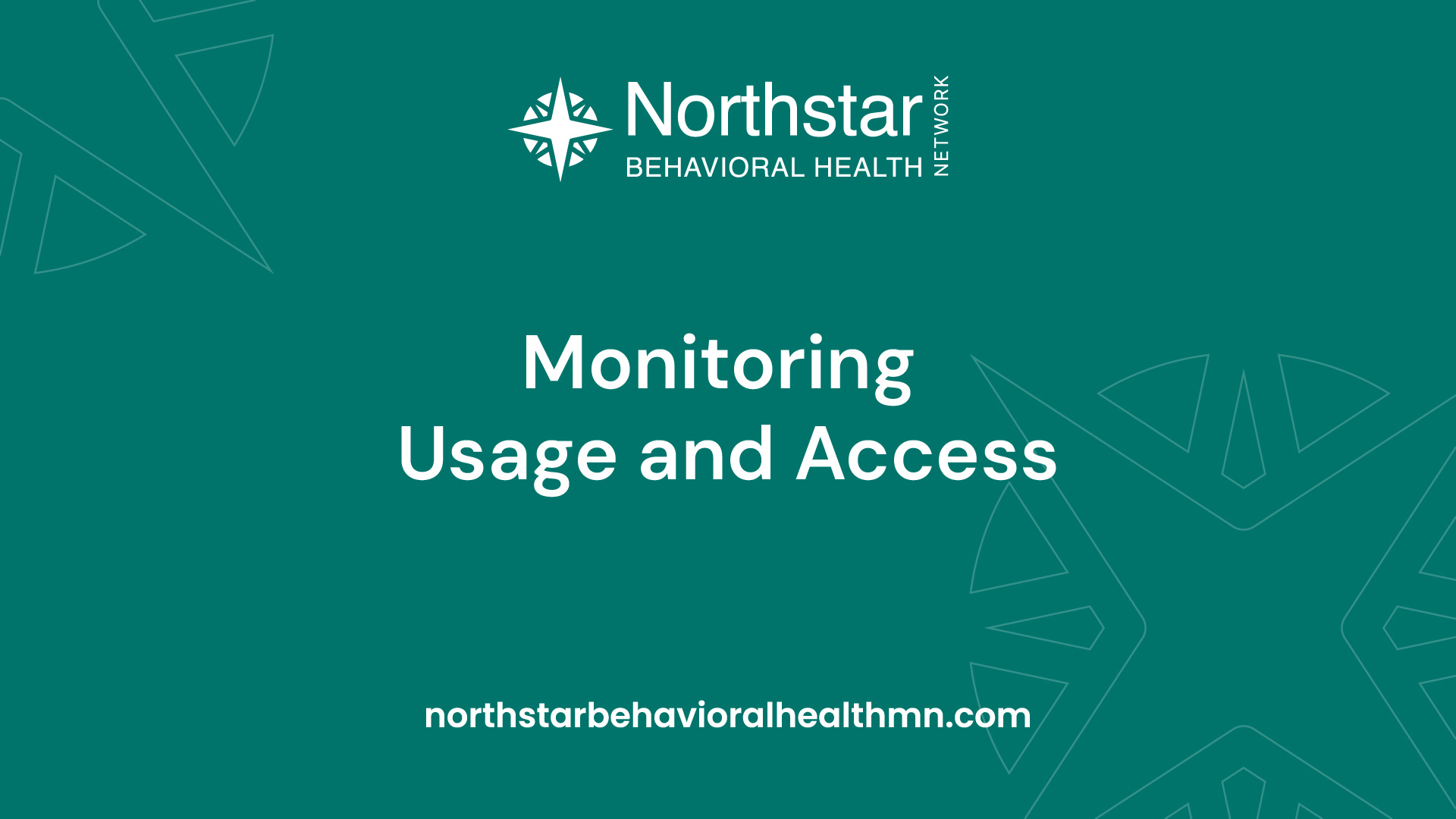
Monitoring the usage and access to prescription medications is crucial in preventing abuse. By being vigilant and aware of any potential signs, individuals can intervene early and seek help when necessary. Here are some important measures to consider:
- Keep Track of Dosages: Maintain a record of medication dosages and consumption. This can help identify any discrepancies or patterns of misuse.
- Open Communication: Foster open communication within the family or household. Encourage family members to communicate any concerns or observations regarding medication usage.
- Educate Family Members: Educate family members, especially children and adolescents, about the dangers of prescription drug abuse. Teach them the importance of using medications only as prescribed and the potential risks associated with misuse.
- Secure Medication Information: Keep prescription information, including medication names and dosages, private and confidential. This helps prevent unauthorized individuals from obtaining this information and potentially seeking the medication for non-medical purposes.
By implementing these preventative measures, individuals can play an active role in reducing the risk of prescription drug abuse. Remember, if you suspect someone may be struggling with prescription drug abuse, seek support resources available in your community. For more information on recognizing signs of abuse and available support, refer to our article on support resources for prescription drug abuse.
Moving Forward
As we strive to address prescription drug abuse and break the stigma surrounding it, it's essential to focus on moving forward with a supportive and proactive approach. By encouraging support and understanding, as well as promoting a healthy and drug-free lifestyle, we can make a positive impact on individuals struggling with prescription drug abuse.
Encouraging Support and Understanding
One of the most important steps in moving forward is to create a supportive environment for individuals dealing with prescription drug abuse. It's crucial to foster a sense of understanding and compassion, recognizing that addiction is a complex issue that requires empathy and assistance.
Encouraging open conversations about prescription drug abuse can help reduce the stigma associated with it and create a safe space for individuals to seek help and share their experiences. By providing support and understanding, we can help those struggling with addiction feel less isolated and more empowered to address their challenges.
Promoting a Healthy and Drug-Free Lifestyle
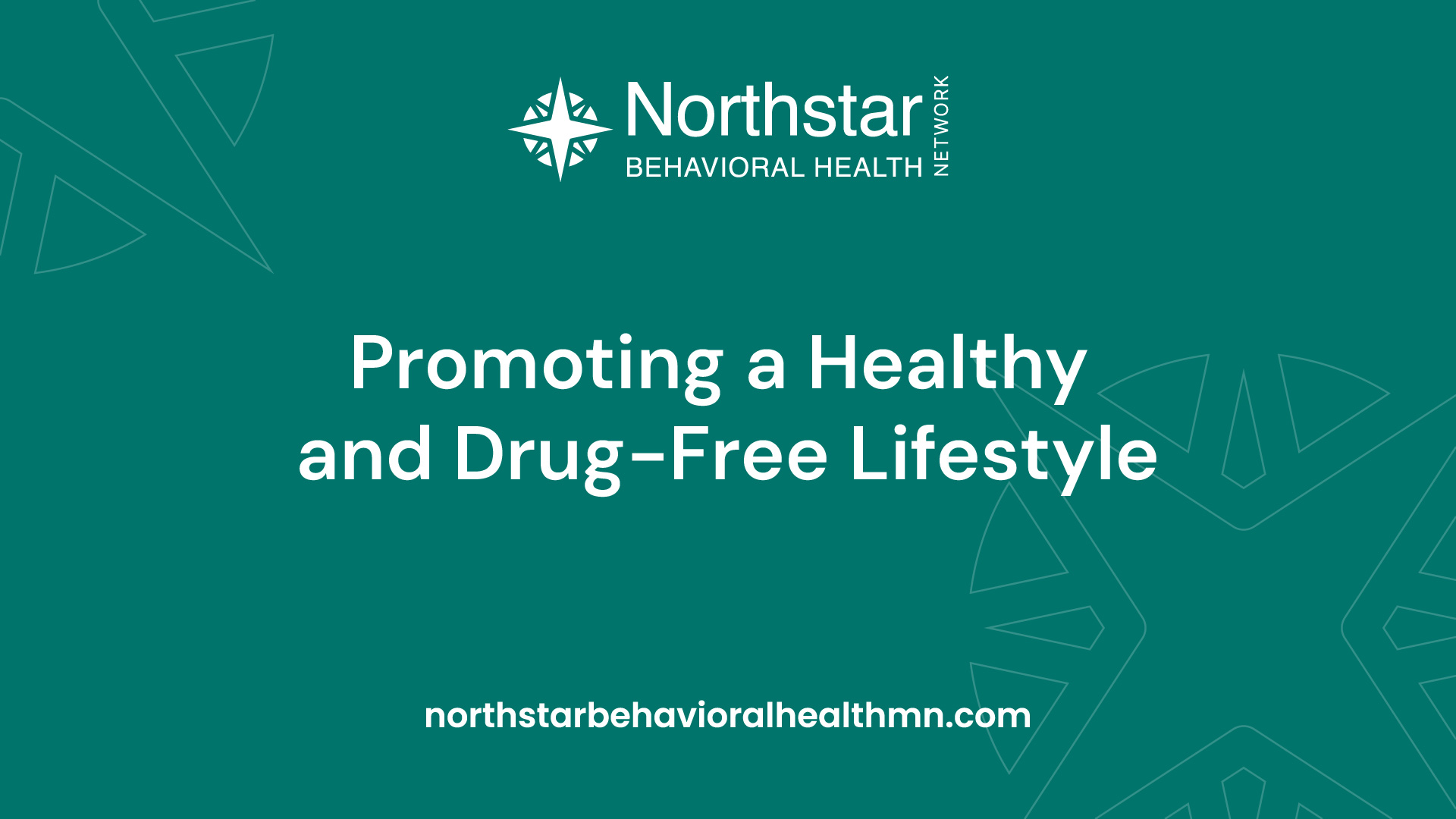
Moving forward also involves promoting a healthy and drug-free lifestyle. This can be achieved through various means, such as education, awareness campaigns, and community initiatives. By focusing on prevention and early intervention, we can work towards reducing the prevalence of prescription drug abuse.
Educating individuals, particularly young people, about the dangers of prescription drug abuse is crucial. Providing accurate information and resources can empower them to make informed decisions and resist the pressure to misuse prescription medications. Our article on twelve tips for educating kids about drugs can provide valuable insights and strategies for talking to your kids about drug abuse.
Additionally, promoting alternative coping mechanisms and healthy habits can help individuals manage stress and emotional challenges without resorting to prescription drug abuse. Encouraging physical activity, healthy relationships, and positive coping strategies can contribute to a drug-free lifestyle.
By encouraging support and understanding, and promoting a healthy and drug-free lifestyle, we can make a difference in addressing prescription drug abuse. Together, we can create a society that is more informed, compassionate, and committed to supporting individuals on their journey to recovery. If you or someone you know is struggling with prescription drug abuse, don't hesitate to reach out to the available support resources for assistance.

.jpg)




.jpg)

